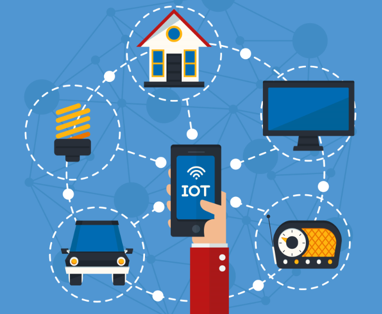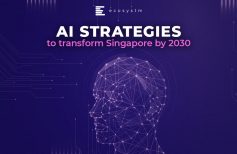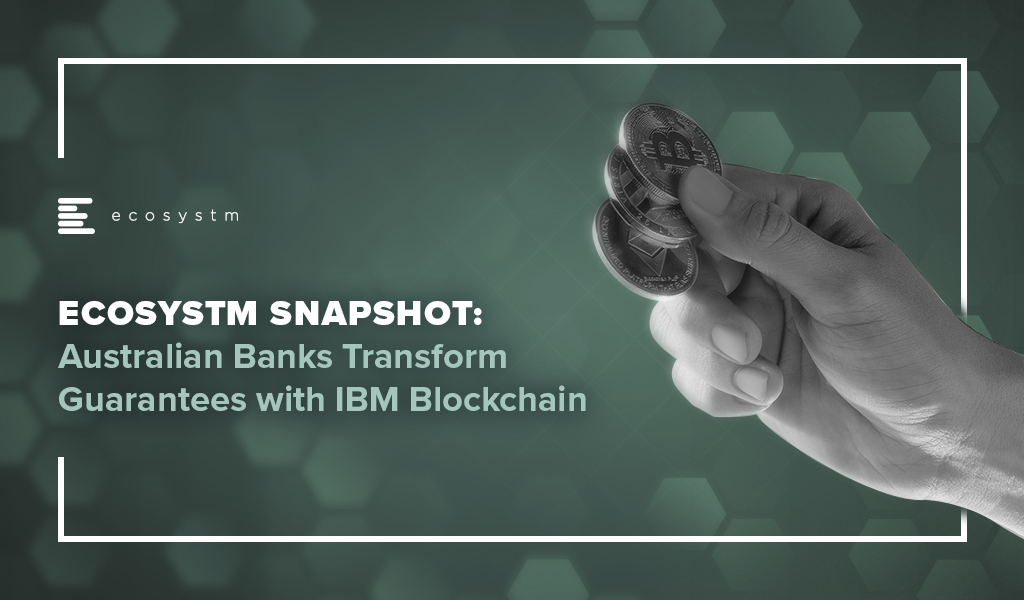
This is an abstract of my presentation in Dubai on 23rd April 2019. I want to convey my special thanks to Dr. Eesa Bastaki, President of the University of Dubai for inviting me on the occasion. It was a magnificent experience delivering at such a great University.
In the year 2016, I considered Rio as the first Internet of Things (IoT) Olympic games in my article “The future of “The Internet of Olympic Games”. In Rio, we saw how athletes, coaches, judges, fans, stadiums, and cities benefited from IoT technology and solutions which transformed the way we see and experience sports. Next year we will have another opportunity to validate my predictions for the upcoming Tokyo 2020 Summer Olympics. Therefore, we may designate Tokyo as the first Artificial Intelligent (AI) Olympic Games.
During my presentation at the University of Dubai, I explained to the audience how incredible IoT and AI technologies are and to what extent they are impacting our sports experience. I elaborated on IoT and AI’s significant role in health management, improving aptitude, coaching, and training. These technologies are enabling athletes to improve performance, coaching for better preparation, fewer judgment errors, and a better experience for spectators. I also commented on the importance of IoT and AI to enhance the security of teams, audience, stadium, and cities altogether.
With the use of IoT and AI we are creating a world of smart things transforming sports business where every thousandth part of a second is crucial to predict the outcomes of a race, a match or a bet. I cited various examples on how different sports are utilising IoT and AI, and not in the least I shared a vision of the future that’s like 10-15 years onwards from the present – Can you envision a world of a real and virtual world of sports integrated together? Can you visualise robots and humans or super-humans playing together?
On the other side, speaking of the challenges involved with AI, IoT, and machine learning models for sporting, I conveyed the dark side of these technologies. We cannot forget the fact that the sports industry is a market and therefore enterprises, Governments, and individuals may make erroneous uses of these technologies.
In summary, it in this session I shared my point of view on-
- How IoT and AI will transform coaches, athletes, judges, and fans.
- How IoT and AI will attract the audience to the stadiums
- How IoT and AI will transform the Industry?
- How AI is changing the future of sports betting?
How IoT and AI will transform athletes, coaches, judges and fans?
Athletes
While the true essence of a sport still lies in the talent and perseverance of athletes, it is often no longer enough. Therefore, athletes will continue to demand increasingly sophisticated technologies and cutting-edge training techniques to improve performance. For example, we may see biomechanical machine learning models of players to predict and prevent potential career-threatening physical and mental injuries or can even detect early signs of fatigue or stress-induced injuries. It can also be used to estimate players’ market values to make the right offers while acquiring new talent.
Coaches
Coaches are consuming AI to identify patterns in opponents’ tactics, strengths and weaknesses while preparing for games. This helps coaches to devise detailed game plans based on their assessment of the opposition and maximise the likelihood of victory. In many leading teams, AI systems are used to constantly analyse the stream of data collected by wearables to identify the signs that are indicative of players developing musculoskeletal or cardiovascular problems. This will enable teams to maintain their most valuable assets in prime condition through long competitive seasons.
Judges
We tend to think that technology is helping us to make decisions in sports more accurate and justified. That´s why we look at the inventions such as from Paul Hawkins – creator of Hawk-Eye, a technology that is now an integral part of the spectator’s experience when watching sport live or more recently VAR in soccer.
The use of technology is allowing the decision makers to experience the game with multiple cameras angles in real-time combined with the aggregated data from various sensors (stadiums, things, and athletes) thus making them make more objective and accurate decisions.
We as spectators or fans need more transparency about the exercise’s difficulty, degree of compliance and final score. And we have the technology to do it.
The IoT and AI technology don’t claim to be infallible – just very, very reliable and judges also need to be adapted to new technologies.
Fans
Without fans, sports would find it difficult to exist. It is understandable companies are also targeting fans with IoT and AI to keep them engaged whether in the stadium or at home.
How IoT and AI will attract the audience to the stadiums?
The stadiums, sports clubs and many leagues across the globe are incorporating technologies both inside and outside the stadium areas to boost the unique experiences for fans and not only during the gameplay.
The challenge is how to combine the latest technologies with old-school stuff to please supporters from both newer and older gen. people looking forward to witnessing a game in a stadium?
How will the stadiums of the future be? I read numerous initiatives of big clubs and leagues, but I am excited about the future stadium of Real Madrid. I wish the club would allow me to advise them how to create a smart intelligent Global environment to provide each fan with an individual experience, know who is in the crowd, learn fan behaviors to anticipate their needs.
How IoT and AI will transform the Industry?
“As long as sports remain a fascination for the masses, businesses will always have the opportunity to profit from it. As long as there is profiting to be gained from the world of sports, the investment in and incorporation of technology for sports will continue.”
I went through an article warning about an entirely new world order that is being formed right now. The author explained how 9 companies are responsible for the future of AI. Three of the companies are Chinese (Baidu, Alibaba, and Tencent, often collectively referred to as BAT), while the other six are American (Google, Amazon, IBM, Facebook, Apple, and Microsoft, often referred as the G.Mafia). The reason is obvious, as far as AI is about optimisation using the data that’s available, these 9 companies will manage most of the sports data generated in the world.
Collaboration is needed now to stop this threat and to address the democratisation of AI in sports. It is important that companies and Governments around the globe work together to create guiding principles for the development and use of AI and not only in Sports. This means we need regulations but in a different way. We do not want AI power to lie only in a handful of lawmakers, renowned and smart people who lack skills in IoT and AI.
Will AI change the future of sports betting?
The impact of technology on sports cannot be specifically measured, but some technological innovations do raise questions about fairness. Are we still comparing apples with apples? Is it right to compare the speed of an athlete wearing high-tech running shoes to one without?
Whether we like it or not, technology will continue to enhance the athlete’s performance. And at some point, we will have to put specific rules and regulations in place about which tech enhancements are allowed.
There is a downside to advanced technology being introduced to sports. Nowadays, Machine Learning models are routinely used to predict the results of games. Sports betting is a competitive world itself among fans, but AI can substantially tilt that playing field.
I am afraid that IoT and AI companies may spoil the result predictions but more concerned about the manipulation of competitiveness that AI algorithms could bring with the Terabytes of data collected with IoT devices and other sources like social media networks, without the permission of the users.
The sports industry is already generating billions of dollars every year and without control and awareness, we could find the future generation of ludopaths and a small number of service providers controlling the game.
Let me know what else would you like to see in my future posts. Leave your comments below.






